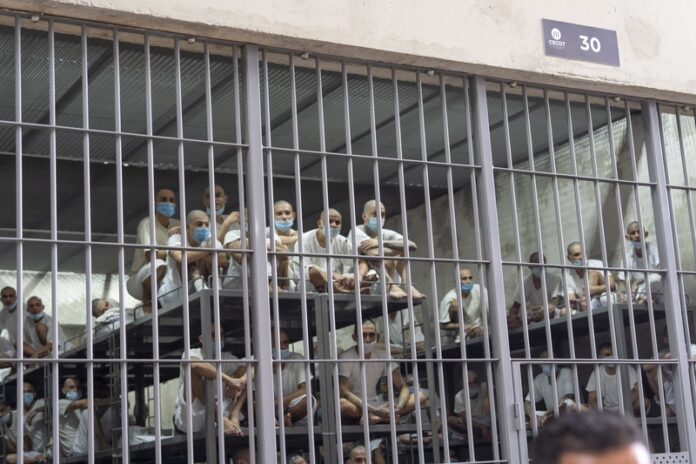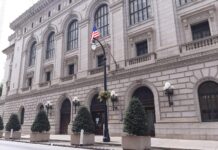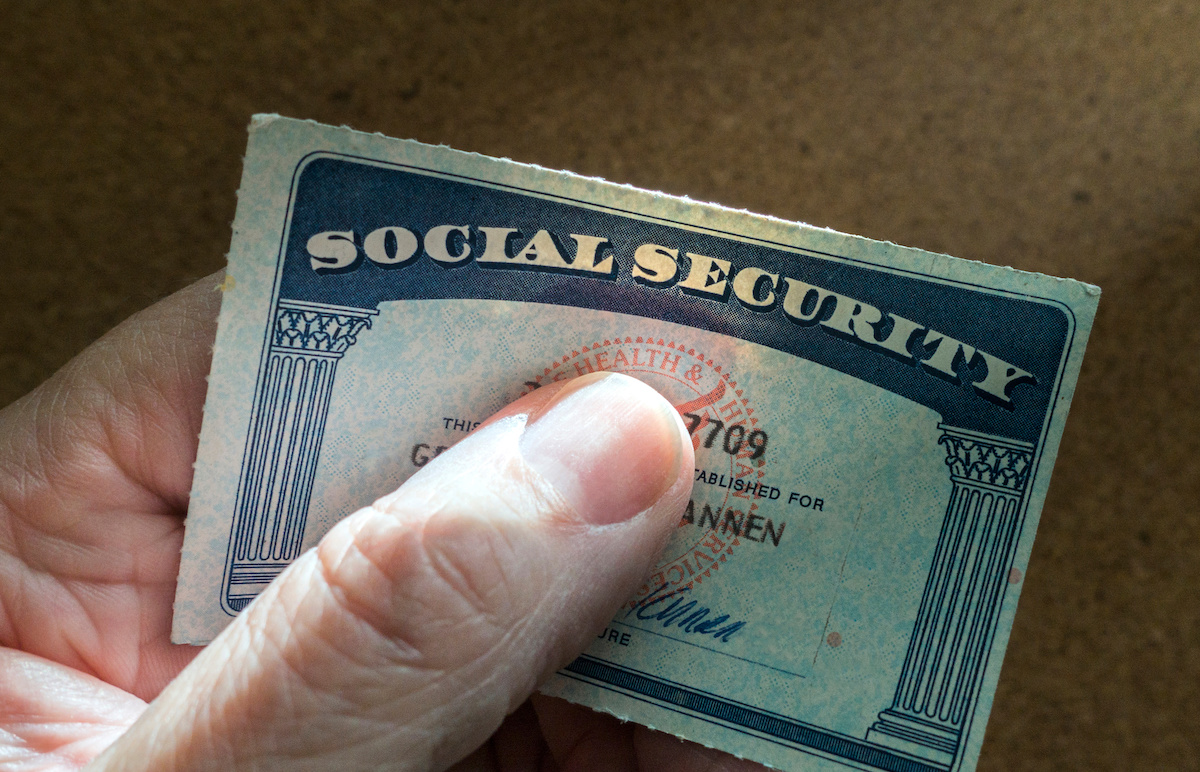
WASHINGTON (States Newsroom) — The U.S. Supreme Court Thursday ruled the Trump administration must “facilitate” the return of a Maryland man to the United States after he was wrongly deported to a notorious mega-prison in El Salvador but stopped short of requiring his return.
The high court said the Trump administration must try to bring back Kilmar Armando Abrego Garcia, of Beltsville, who was deported due to an “administrative error” admitted by the Trump administration.
The high court did not give the administration a date by which to return Abrego Garcia, saying the deadline in a District of Columbia court order has expired. The Supreme Court said the district court also needs to clarify what it meant by saying the administration must “effectuate” the return of Abrego Garcia, and the scope of that term is “unclear” and may exceed the district court’s authority.
The Trump administration has repeatedly rejected retrieving Abrego Garcia from prison. President Donald Trump and other high-ranking officials have alleged Abrego Garcia is an MS-13 gang member but produced no evidence and have defended his deportation despite admitting his removal was a mistake.
“We don’t want them back,” Trump said on April 8, referencing the case. “Can you imagine, you spend all of that time, energy and money on getting them out, and then you have a judge that sits there… (saying), he said, ‘No, bring him back.’”
It’s unclear how long Abrego Garcia will remain in the prison unless he is returned to the U.S., but El Salvador’s President Nayib Bukele said based on the $6 million agreement between his country and the U.S., those men at the prison will remain there for at least a year.
Bukele is scheduled to meet with Trump at the White House Monday.
Effect on other prisoners
Thursday’s decision may have ramifications for the 238 Venezuelans who were deported to the same prison, Centro de Confinamiento del Terrorismo, or CECOT.
They were sent there under the Alien Enemies Act of 1798, a wartime law their attorneys say denied them due process because those subject to it were not able to challenge their removal in court.
The Supreme Court will allow, for now, the continued removal of Venezuelans under the Alien Enemies Act, but those subject to a presidential proclamation issued by Trump citing the Alien Enemies Act must be given notice of their removal under the wartime law and a court hearing. The court action also must be in the locations where they are incarcerated.
Arrested while driving son
The Abrego Garcia case garnered national attention when he was arrested by U.S. Immigration and Customs Enforcement while driving his 5-year-old son home. Abrego Garcia was not charged with an offense but was apprehended by ICE because his “status had changed.”
In 2019, Abrego Garcia was given a final order of removal, but an immigration judge granted him protection from removal to his home country because it was more “likely than not that he would be persecuted by gangs in El Salvador” if he was returned, according to court documents.
But on March 15 he was placed on one of three deportation flights to El Salvador.
The Trump administration has argued that Abrego Garcia is no longer in U.S. custody and, therefore, cannot be returned to the United States.
There is precedent from the U.S. government to return an immigrant accidentally deported, including U.S. citizens. Between fiscal year 2015 and fiscal year 2020, ICE accidentally deported 70 U.S. citizens who needed to be returned, according to a 2021 U.S. Government Accountability Office report.






